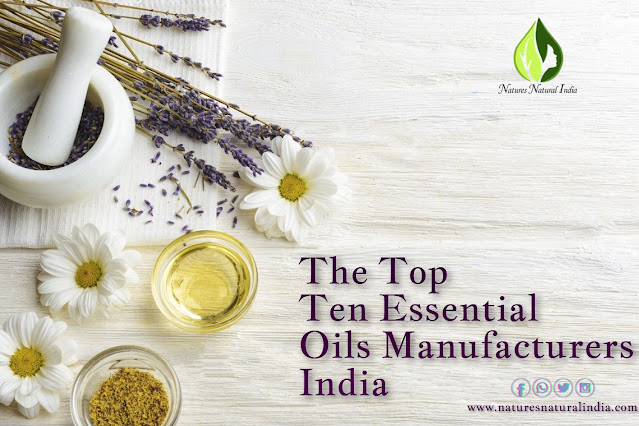Certified Organic Oils - Implication of Purity and Ecofriendly Practices
Many aspects of the botanical material affect the quality of essential oils. They include their farming and harvesting time and method. Here, organic cultivation comes into play. Organic farming ensures the minimal usage of pesticides and harmful chemicals and thus causes zero or minimum soil erosion or depletion. It also leaves no scope for chemical residues in the harvested crop or plant parts used for oil extraction.
Essential oil manufacturers can use the ‘natural’ word for their oils without attracting queries about the farming methods. But when they use the ‘organic’ term for their product, it leads to questions about its cultivation methods and ethics under government guidelines and the national standards. Their ‘organic’ label goes under investigation by auditors to check the authenticity.
Certified Organic Oils
If any manufacturer prefixes ‘certified organic’ words for their products, it implies that their product is the outcome of organic farming that does not harm the soil. The manufacturer earns this certification from the accredited authority. Many essential oil manufacturers are also certified organic oil manufacturers, and they maintain a separate category for such oils with price differentiation. The buyers prefer to buy certified organic oils in support of ecofriendly cultivation.
Role of USDA - An Accredited Authority for Organic Certification
The United States Department of Agriculture has developed National Organic Program Standard under which it offers organic certification to the products. Its organic certification implies
- The products contain organically produced ingredients up to 95% or more.
- The production process did not employ synthetic preservatives, colors or odors, pesticides, chemical fertilizers, petrochemicals, dyes, genetic engineering, or excluded automated methods.
- The manufacturers can use USDA seal for product packaging.
- The organic products are free of Genetically Modified Organisms.
The manufacturers of different products authenticate the purity and quality of the product with organic certification. Certified organic oil suppliers obtain the certified organic oils in bulk with USDA seal from the manufacturers and deliver them to worldwide users. The seal is proof of contaminant-free and GMO-free products to a third party or direct consumer.



.jpg)
Comments
Post a Comment